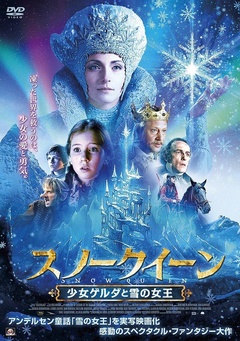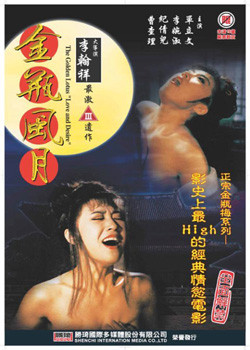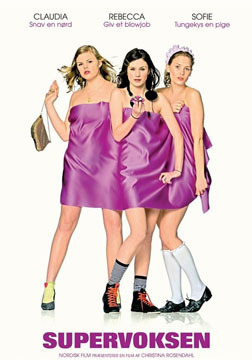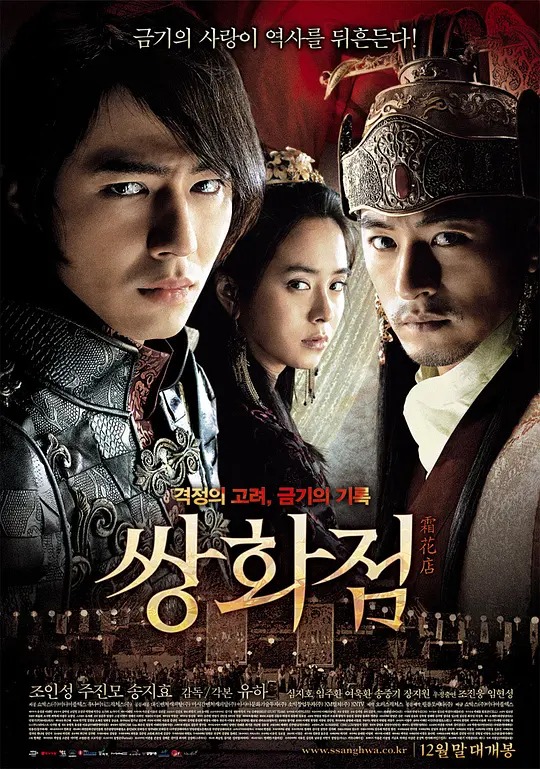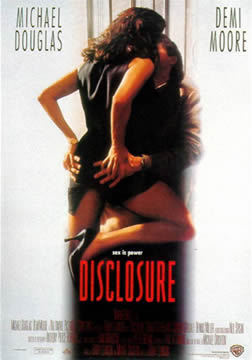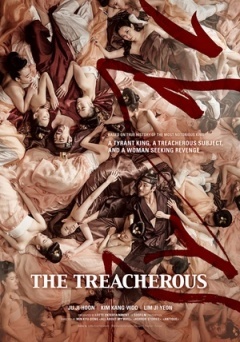- 西瓜云1
- HD

三便士歌剧
- 主演:
- 莱茵霍尔德·叔泽尔,卡萝拉·内尔,弗里茨·拉斯普,鲁道夫·弗尔斯特,瓦勒斯卡·格特
- 备注:
- 超清
- 类型:
- 剧情片
- 导演:
- G·W·帕布斯特
- 年代:
- 1931
- 地区:
- 其它
- 语言:
- 其它
- 更新:
- 2023-07-17 21:18
- 简介:
- 在德国导演G.W.Pabst(潘多拉魔盒)的指导下,作曲家KurtWeill的狡黠旋律和剧作家BertoltBrecht的大胆在银幕上融合在一起,改编自魏玛时代的戏剧轰动。三便士歌剧院位于维多利亚时代伦敦贫困的后巷,追随黑社会反英雄麦基......详细
在德国导演G.W.Pabst(潘多拉魔盒)的指导下,作曲家KurtWeill的狡黠旋律和剧作家BertoltBrecht的大胆在银幕上融合在一起,改编自魏玛时代的戏剧轰动。三便士歌剧院位于维多利亚时代伦敦贫困的后巷,追随黑社会反英雄麦基...
G.W. Pabst’s Weimar-era sound motion picture THE 3 PENNY OPERA exists in two versions, one in German and another in French with different cast, this is the German one, an archetype musical traverses through Brecht’s urtext with expressive decor and mise en scène.
Originally a musical stage play from Brecht and musician Kurt Weill, Pabst punctuates the satirical narrative with barebones singing performances(more recitative than euphonies) and a harbor-side raconteur (Busch), and dulls the edge of the play’s lampooning of capitalism with more diverting atmospherics.
In late-Victorian London, Mackie Messer (Forster) is the ringleader of a local gangster group, ditches her brothel lover Jenny (Lenya) and off the hoof marries the ladylike Polly (Neher), unaware that she is the daughter of Mr. Peachum (Rasp), the “king of the beggars”. After a comical wedding ceremony in an empty warehouse with his stolen props, and a reluctant, scare-easy pastor (Thimig), Mr. Peachum threatens Tiger Brown (Schünzel), the Chief of Police, to arrest Mackie, or he will march his beggar armies to ruin the upcoming coronation parade. A dithering Brown, who is a former comrade-in-arms and dear friend of Mackie, grudgingly complies, but the turn of the events quickly gets out of his hands, not least is the burglars-go-straight volte-face, tinted with a progressive message about gynecocracy, and at the end of the day, the trenchant irony is that bank business becomes the new gangsterdom.
While the performance is mostly stagey - the bowler-clad, raffish Forster is nonchalant from stem to stern, a demure Neher (whose own personal tragedy during the WWII would overshadow her final screen presence) keeps her character alive and kicking with nothing much to offer; Schünzel is the comic relief here, discombobulated and antsy while Rasp is a feckless tinpot leader, but the real deal here is Lenya, with her unusual underbite, she can belt out poignantly, but in the next breath, stuns as a cunning vamp who can sell her lover down the river, yet, that isn’t her verdict -, Pabst gins up the beggar-belief storytelling with steadfast visual idioms (superimpositions, dolly shots, including an antic of a self-elevating bowler!), and really goes the distance with
the marching lumbering mass climax, zombie-like and unstoppable, the proletariat power wanes in favor of a veiled validation of capitalism, for sure Brecht is not happy about that.
"<>"" && "
G.W. Pabst’s Weimar-era sound motion picture THE 3 PENNY OPERA exists in two versions, one in German and another in French with different cast, this is the German one, an archetype musical traverses through Brecht’s urtext with expressive decor and mise en scène.
Originally a musical stage play from Brecht and musician Kurt Weill, Pabst punctuates the satirical narrative with barebones singing performances(more recitative than euphonies) and a harbor-side raconteur (Busch), and dulls the edge of the play’s lampooning of capitalism with more diverting atmospherics.
In late-Victorian London, Mackie Messer (Forster) is the ringleader of a local gangster group, ditches her brothel lover Jenny (Lenya) and off the hoof marries the ladylike Polly (Neher), unaware that she is the daughter of Mr. Peachum (Rasp), the “king of the beggars”. After a comical wedding ceremony in an empty warehouse with his stolen props, and a reluctant, scare-easy pastor (Thimig), Mr. Peachum threatens Tiger Brown (Schünzel), the Chief of Police, to arrest Mackie, or he will march his beggar armies to ruin the upcoming coronation parade. A dithering Brown, who is a former comrade-in-arms and dear friend of Mackie, grudgingly complies, but the turn of the events quickly gets out of his hands, not least is the burglars-go-straight volte-face, tinted with a progressive message about gynecocracy, and at the end of the day, the trenchant irony is that bank business becomes the new gangsterdom.
While the performance is mostly stagey - the bowler-clad, raffish Forster is nonchalant from stem to stern, a demure Neher (whose own personal tragedy during the WWII would overshadow her final screen presence) keeps her character alive and kicking with nothing much to offer; Schünzel is the comic relief here, discombobulated and antsy while Rasp is a feckless tinpot leader, but the real deal here is Lenya, with her unusual underbite, she can belt out poignantly, but in the next breath, stuns as a cunning vamp who can sell her lover down the river, yet, that isn’t her verdict -, Pabst gins up the beggar-belief storytelling with steadfast visual idioms (superimpositions, dolly shots, including an antic of a self-elevating bowler!), and really goes the distance with
the marching lumbering mass climax, zombie-like and unstoppable, the proletariat power wanes in favor of a veiled validation of capitalism, for sure Brecht is not happy about that.
"<>"暂时没有网友评论该影片"}
G.W. Pabst’s Weimar-era sound motion picture THE 3 PENNY OPERA exists in two versions, one in German and another in French with different cast, this is the German one, an archetype musical traverses through Brecht’s urtext with expressive decor and mise en scène.
Originally a musical stage play from Brecht and musician Kurt Weill, Pabst punctuates the satirical narrative with barebones singing performances(more recitative than euphonies) and a harbor-side raconteur (Busch), and dulls the edge of the play’s lampooning of capitalism with more diverting atmospherics.
In late-Victorian London, Mackie Messer (Forster) is the ringleader of a local gangster group, ditches her brothel lover Jenny (Lenya) and off the hoof marries the ladylike Polly (Neher), unaware that she is the daughter of Mr. Peachum (Rasp), the “king of the beggars”. After a comical wedding ceremony in an empty warehouse with his stolen props, and a reluctant, scare-easy pastor (Thimig), Mr. Peachum threatens Tiger Brown (Schünzel), the Chief of Police, to arrest Mackie, or he will march his beggar armies to ruin the upcoming coronation parade. A dithering Brown, who is a former comrade-in-arms and dear friend of Mackie, grudgingly complies, but the turn of the events quickly gets out of his hands, not least is the burglars-go-straight volte-face, tinted with a progressive message about gynecocracy, and at the end of the day, the trenchant irony is that bank business becomes the new gangsterdom.
While the performance is mostly stagey - the bowler-clad, raffish Forster is nonchalant from stem to stern, a demure Neher (whose own personal tragedy during the WWII would overshadow her final screen presence) keeps her character alive and kicking with nothing much to offer; Schünzel is the comic relief here, discombobulated and antsy while Rasp is a feckless tinpot leader, but the real deal here is Lenya, with her unusual underbite, she can belt out poignantly, but in the next breath, stuns as a cunning vamp who can sell her lover down the river, yet, that isn’t her verdict -, Pabst gins up the beggar-belief storytelling with steadfast visual idioms (superimpositions, dolly shots, including an antic of a self-elevating bowler!), and really goes the distance with
the marching lumbering mass climax, zombie-like and unstoppable, the proletariat power wanes in favor of a veiled validation of capitalism, for sure Brecht is not happy about that.



